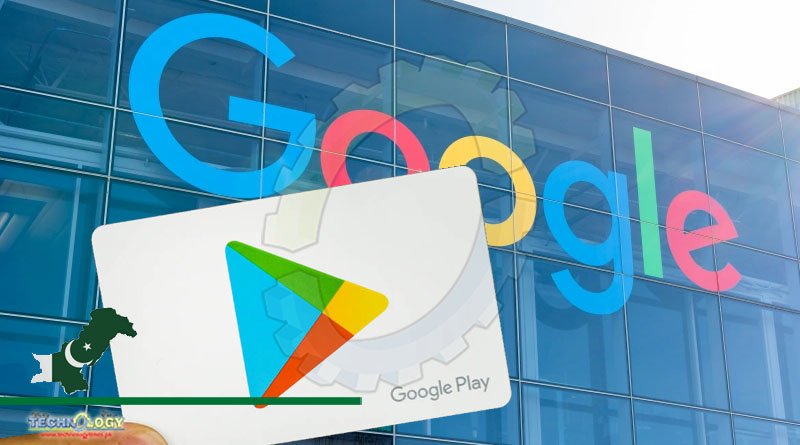The long-term partnerships that search engine companies have with phone manufacturers like Apple Inc and Xiaomi account for a sizable portion of the revenue they generate.

The Wall Street Journal reported on Friday, citing people familiar with the situation, that Samsung Electronics (005930.KS) has no plans to switch the default search engine on its smartphones from Google to Microsoft Corp.’s (MSFT.O) Bing any time soon.
The report claims that Samsung has stopped an internal investigation into making Google the default search engine on its web-browsing app, which comes pre-installed on the company’s smartphones. Reuters’ inquiries to Google and Samsung for comment were not answered. Microsoft decided not to comment.
The long-term partnerships that search engine companies have with phone manufacturers like Apple Inc (AAPL.O) and Xiaomi account for a sizable portion of the revenue they generate.
The New York Times reported on April 16 that Google’s annual revenue from the Samsung contract is expected to be $3 billion. It was first mentioned last month that Samsung was thinking about switching to Bing, which hurt Alphabet’s stock at the time.
The artificial intelligence technology from OpenAI has been integrated into Microsoft-owned Bing, increasing traffic to the underutilized search engine and enhancing its capacity to compete with market leader Google in terms of page visit growth, according to data from analytics firm Similarweb.
An application used to access websites is called a web browser. It can be found on many different gadgets, such as desktop computers, laptops, tablets, and smartphones. With 65% of the global market share across all devices, Google Chrome is the most popular browser.
A web browser is required to connect to a website’s server and display its web pages; however, a web browser and a search engine are not the same thing. A search engine is a website that offers links to other websites.
Browsers are sometimes referred to as “user agents” in technical contexts. A web browser’s function is to download content from the Internet or from local storage and display it on the user’s device.